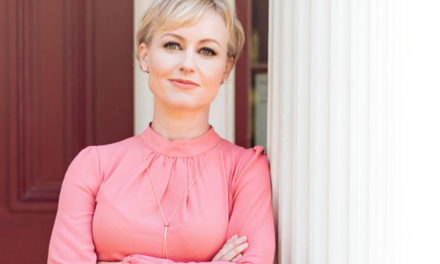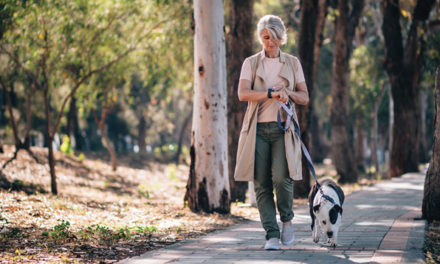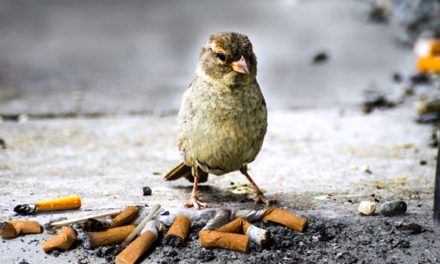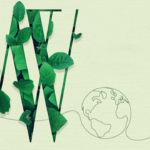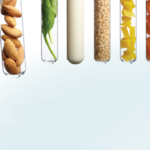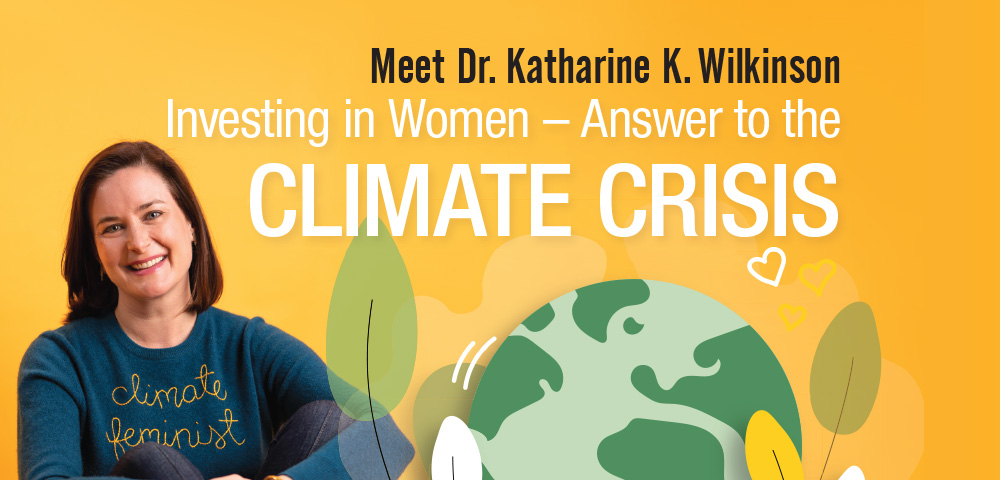
KATHARINE WILKINSON, DPhil is an author, strategist, teacher, and one of 15 women who will save the world,” according to Time magazine. Her books on climate include All We Can Save, The Drawdown Review, the New York Times bestseller Drawdown, and Between God & Green. A former Rhodes Scholar, she is co-founder of The All We Can Save Project, in support of feminist climate leadership, and co-host of A Matter of Degrees, telling stories for the climate curious. Find her @DrKWilkinson
In May of 2019, Dr. Katharine Wilkinson and two friends took a break from a climate change summit in Aspen, Colorado, and went for a hike along the Roaring Fork River, a seminal outing they now refer to fondly as their “rage hike.” Wilkinson was at the conference to facilitate a roundtable on climate change solutions, a topic she knows inside and out. Her co-authored book, Drawdown: The Most Comprehensive Plan Ever Proposed to Reverse Global Warming, had become an immediate New York Times bestseller when it was published in 2017, and since then she’d become something of a luminary in the climate movement.
More than a million people had seen her TED Talk on climate and gender equality. She had become an advisor for the podcast hosted by Mary Robinson, former president of Ireland and former United Nations High Commissioner for Human Rights. And Time magazine would shortly name her one of 15 “women who will save the world.”
Still, despite her resume (which also includes a Rhodes Scholarship and a doctorate from Oxford), Wilkinson knew that she and women generally receive short shrift in climate circles. The Aspen conference was no different, and as the three women hiked along the river, they sized up the challenges they faced. Why were climate discussions shaped almost entirely by white men, they wanted to know? Why was there rarely representative diversity in the room? Why did solutions inevitably tend towards engineering fixes and economic policies? Where were the more holistic considerations of systemic societal changes, cultural issues, or spiritual dimensions? The women also grappled with why female climate leaders struggled to get funding. “I have friends doing amazing work in climate science and policy and organizing,” Wilkinson says today, recalling that transformational walk in the woods. “But sometimes they struggle to pay the rent. How is this possible in the 21st century?”
The more the three hiked, the more they became inspired to change these dynamics. One of the women, marine biologist Dr. Ayana Elizabeth Johnson, was excited about a book idea Wilkinson had mentioned, and soon a proposal began to take shape. They could assemble a collection of climate essays by women. Many women. Many different kinds of women. Black, white, indigenous, rural, urban, young, old, and experts from every conceivable field. “We could bring together this mighty chorus of voices,” Wilkinson says. “We could show what the climate movement can be at its best.”
OUR ENERGY INFRASTRUCTURE, OUR MEANS OF GROWING FOOD, THE NEVER ENDING COMPETITION THAT IMBUES SOCIETY AT EVERY LEVEL, ALL OF THIS NEEDS TO BE UPENDED AND TRANSFORMED IF HUMANITY HOPES TO SURVIVE.
Their efforts came to fruition last fall when All We Can Save: Truth, Courage, and Solutions for the Climate Crisis was published. The book’s 41 essays, 17 poems, and original artwork amount to a climate feminist call to action, a call to transform a broken planet by means that are characteristically feminine, things like compassion, connection, creativity, and collaboration. Our energy infrastructure, our means of growing food, the never-ending competition that imbues society at every level, all of this needs to be upended and transformed if humanity hopes to survive, the book insists. The book’s chapters group essays into categories such as our relationship with the planet, advocacy, persistence, and reframing the problem. “To transform society this decade – the clear task science has set before us – we need transformational leadership,” Wilkinson and Johnson write. “We need feminine and feminist climate leadership, which is wide open to people of any gender.”
Wilkinson, a native of Atlanta, had been passionate about the environment since high school, but its intersection with feminism was something she hadn’t really explored until her research for her previous book, Drawdown. That book examined the 100 most promising solutions that might take humanity to the point of “drawdown” (when we stop not only emitting greenhouse gases, but start removing them from the atmosphere) by 2050. The solutions included the usual suspects, like wind energy and high-speed rail. But there were also solutions involving gender equality that, on first blush, aren’t typically associated with global warming. For example, ensuring all girls can go to school and all women can access the reproductive healthcare they desire, has benefits for the planet.
Wilkinson is the first to note that population is not a central driver of climate change – fossil fuels, big corporations, and high consumption are. But how many people call this planet home is one piece of the puzzle, and access to education and healthcare can mean smaller families by choice and less demand for food, electricity, transportation, buildings, and assorted stuff, all of which reduces emissions. Or consider small-scale farming. Women constitute the majority of the world’s farmers, but because millions of them lack basic rights to financing, equipment, and land title, they typically produce two-thirds of what men produce on the same amount of land. Close that gap and farmland becomes more productive, decreasing the need to clear forest for more agriculture. Conserving forests reduces emissions substantially. Fundamental human rights are good for people and the climate.
All We Can Save takes the concept of climate feminism to a whole new level. The book begins with the inspiring story of Eunice Newton Foote, who in 1856 conducted an experiment with an air pump, two glass cylinders, and four thermometers. She placed different gases in the cylinders and compared what happened to them when heated by the sun. The cylinder containing carbon dioxide (CO2) trapped more heat and stayed hotter longer, leading her to conclude that CO2 can warm the planet. But Foote wasn’t just a scientist. She was also a women’s rights campaigner. Her signature appears on the 1848 Seneca Falls “Declaration of Sentiments,” a proclamation created during the first women’s rights convention in the United States.
The upshot is that climate science was created by a pioneering feminist. Tragically, until recently, this was all forgotten because shortly after Foote’s CO2 paper was published, physicist John Tyndall produced his own more detailed work on heat-trapping gases and was subsequently credited with founding climate science. “The Eunice Newton Foote story is very personal for many of us,” Wilkinson says.
“The idea that climate science and gender equality have been paired since day one, that’s more than poetic. I went to Oxford, where a climate research unit is named after Tyndall. We don’t even have a photograph of Foote.”
Among the many insightful essays in All We Can Save – Abigail Dillen on leveraging environmental laws to transform society, Heather McTeer Toney on celebrating African American women pushing for climate justice, Amy Westervelt on mothering and the climate movement – is adrienne maree brown’s* elegant, two-page piece on “emergent strategy.”
POPULATION IS NOT A CENTRAL DRIVER OF CLIMATE CHANGE FOSSIL FUELS, BIG CORPORATIONS, AND HIGH CONSUMPTION ARE.
It’s the shortest essay in the book, but it might best capture what needs to be done. brown defines emergence as “the way complex systems and patterns arise out of a multiplicity of relatively simple interactions.” She points out examples of emergence everywhere.
Oak trees individually don’t plan to communicate with or hold tight to other trees in preparation for the next storm, but this nonetheless happens. “Under the earth, always, they reach for each other,” brown writes, “they grow such that their roots are intertwined and create a system of strength that is as resilient on a sunny day as it is in a hurricane.” Likewise, human cells have no concept of society, but they do their thing – they grow, split, complexify, interact, and find their purpose. From this, complex organisms emerge, then systems, then movements, and ultimately, societies. brown says that whether we know it or not we are constantly affecting and changing our civilization through our interactions with others.
“Many of us have been socialized to understand that constant growth, violent competition, and critical mass are the ways to create change,” she writes. “But emergence shows us that adaptation and evolution depend more upon critical, deep, and authentic connections, a thread that can be tugged for support and resilience.”
Wilkinson’s advice, when people ask how to help with the climate crisis, reflects brown’s wisdom. She encourages people to create and nurture a “climate squad,” a group of folks with which they can bond more deeply and take the plunge together. “We face something mind-bogglingly daunting,” she says. “It’s too scary to do alone.” She advises squad members to ask themselves, “What are your superpowers? Are you a teacher?
A lawyer? An artist? A farmer?” Find a way to contribute your gifts, all of them. If your gang’s skill set adds up to lobbying the city council to create more bike lanes, do that. If it makes more sense to volunteer for the political campaign of a candidate committed to the climate issue, do that. Do anything. Be bold. For inspiration and for strengthening the bonds in your group, go to Wilkinson’s website allwecansave.earth and form an All We Can Save Circle. Not unlike a book club, circles provide the structure for 10 meetings, each focused on a section of the book. “Hold a circle and see what comes of it,” Wilkinson says. “It will help you determine a path forward.”
Recently, Wilkinson and Johnson co-founded The All We Can Save Project. The primary goal of the project is to fund and uplift transformational leadership. “Among other things, we’re raising millions of dollars to create an award that supports feminist climate leaders to do their best work,” she says. The name of the award? The Eunice Newton Foote Award.
Find Dr. Katharine Wilkinson on Twitter and Instagram @DrKWilkinson and find her podcast “A Matter of Degrees,” co-hosted with Dr. Leah Stokes, on all major platforms.
*Author prefers her name to be in lowercase.


